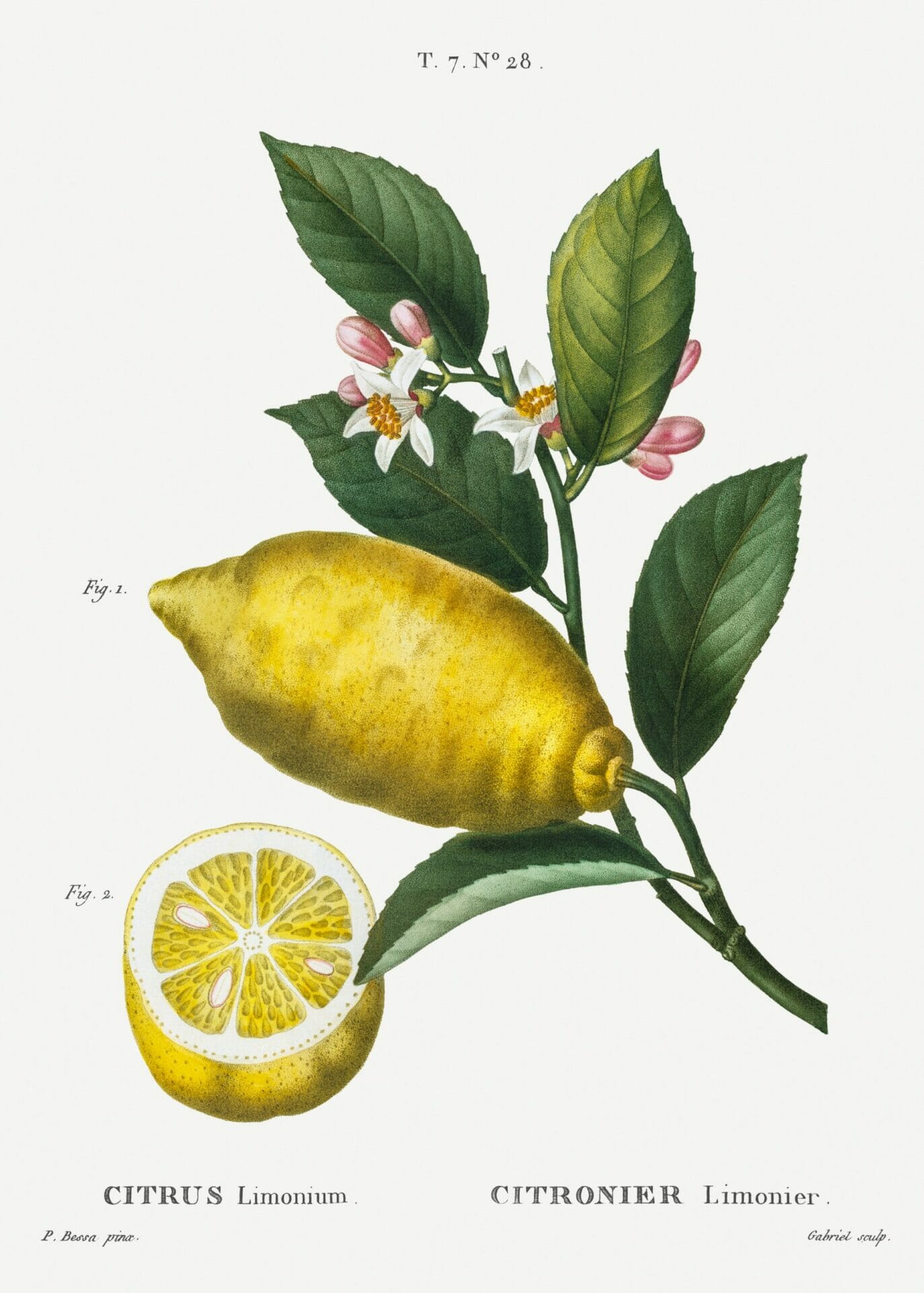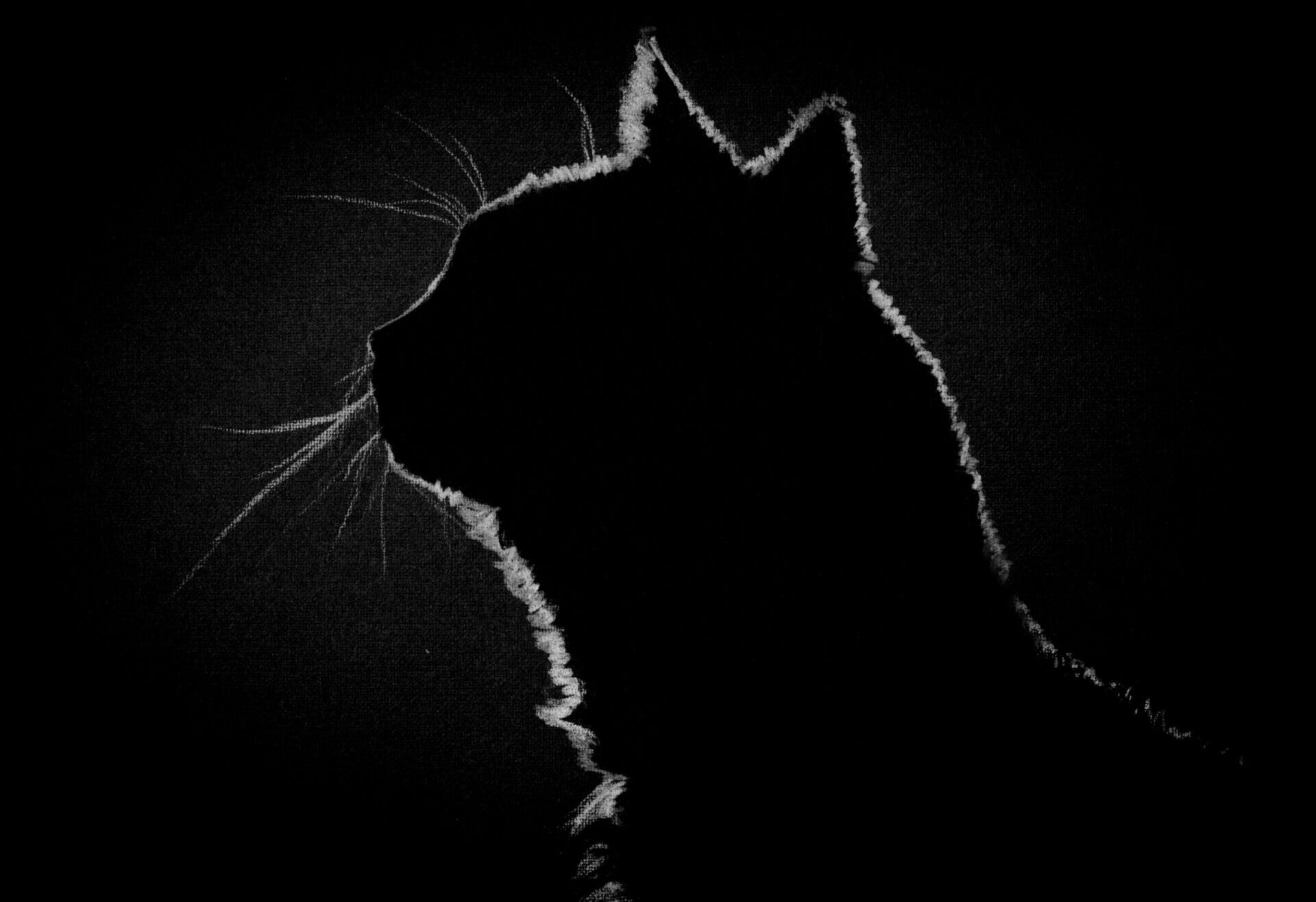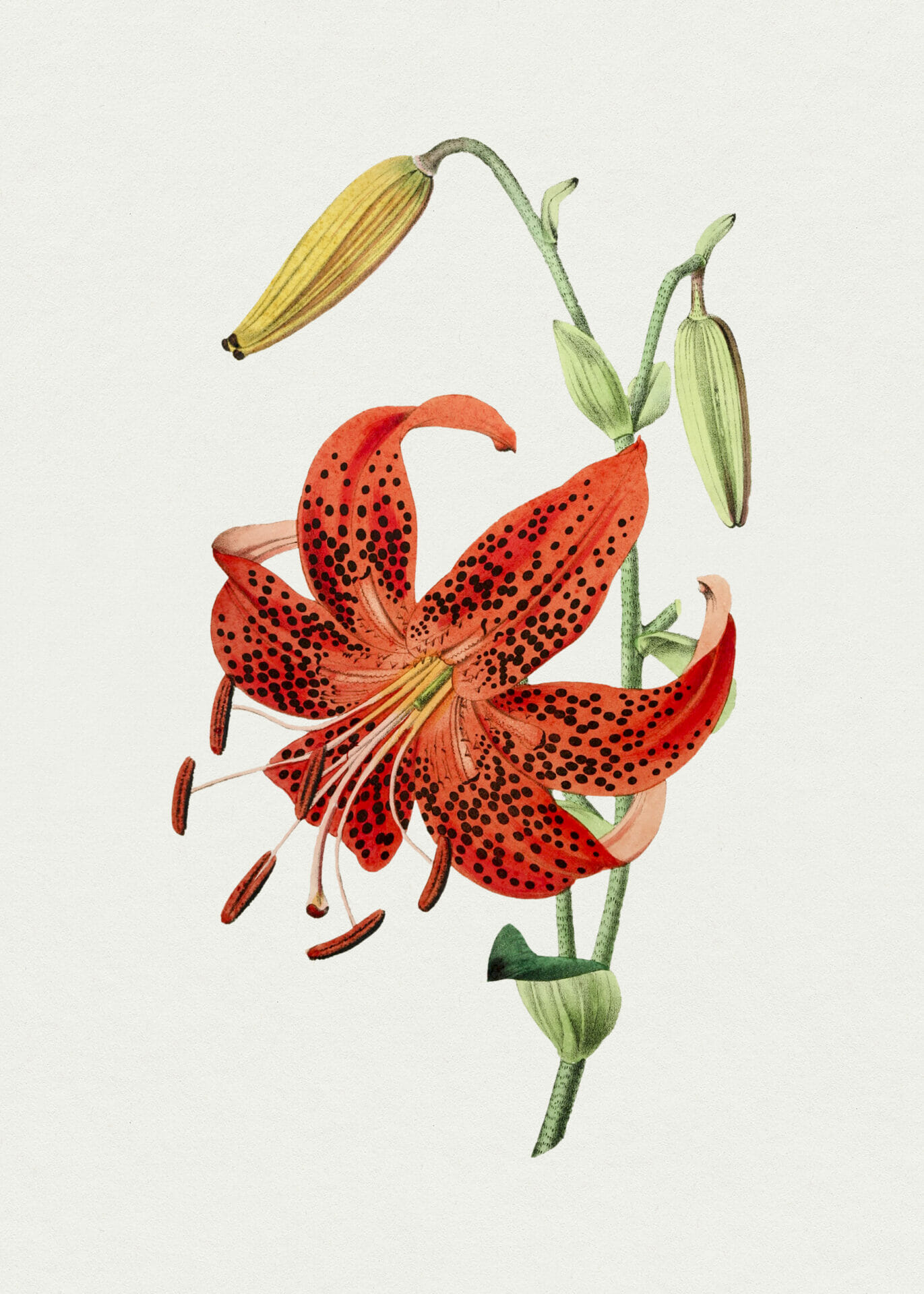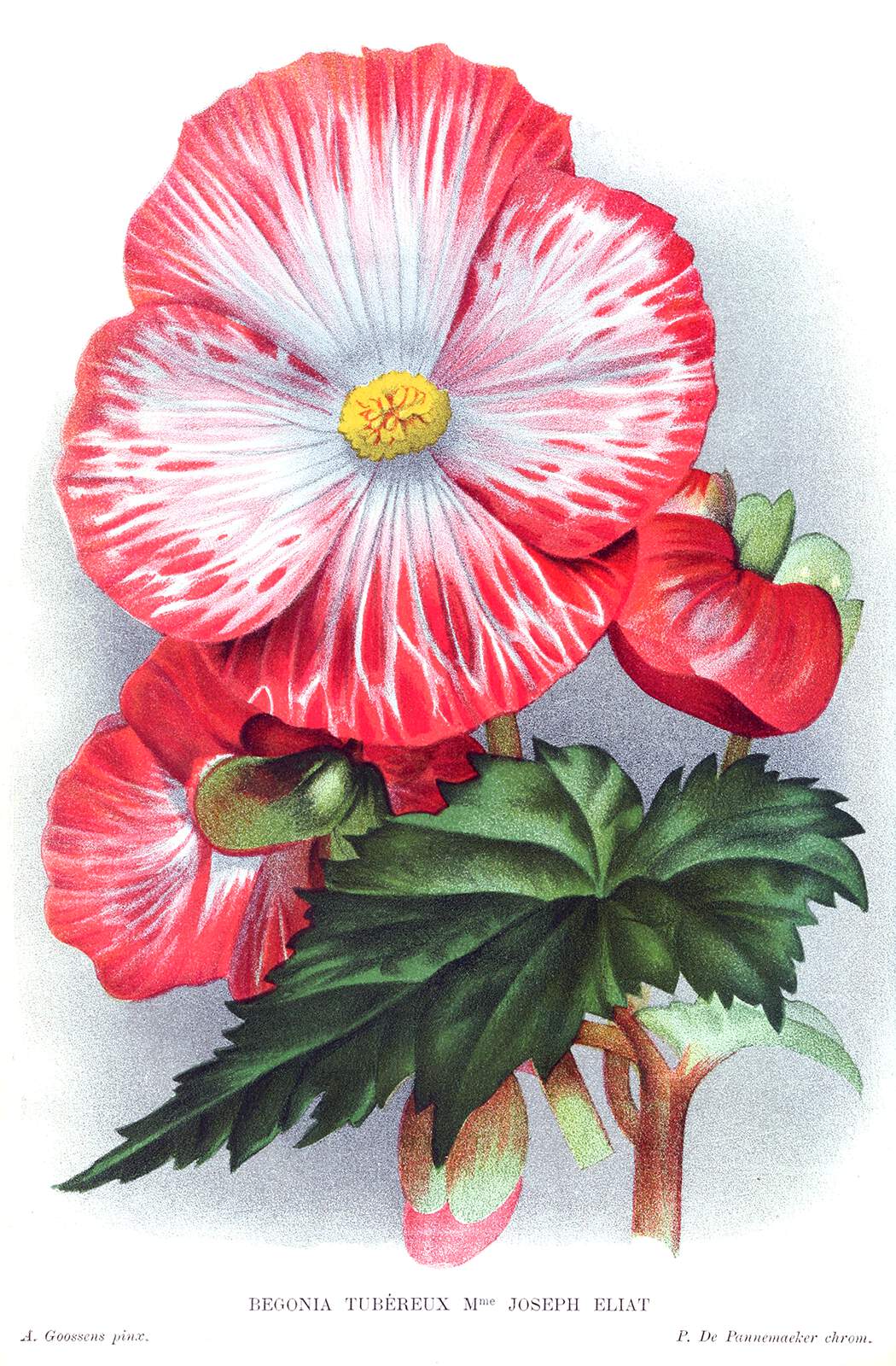
It Is Not Seemly To Be Famous | Boris Pasternak on fame
Author
Year
Format
Length
Original language
Genre
Subgenre
The enthusiasm of writing collides with the apprehension of fame. In 1959, Boris Pasternak published his latest collection of poems, When the Weather Clears. In the previous four years, he had seen his main work, Doctor Zhivago, banned in his own country and had been forced to refuse the Nobel Prize due to the pressure the USSR’s authorities exerted on him. The Soviet regime saw it as an affront by the West, as the novel denounced the dark side of the October Revolution. In order to avoid his assignment, the USSR had threatened Pasternak with permanently expelling him from the country and confiscating his properties.
To give your all-this is creation,
And not-to deafen and eclipse.
How shameful, when you have no meaning,
To be on everybody’s lips!
In light of this, this poet at some point in his life rejected fame as a demon. In It Is Not Seemly To Be Famous, from his last book, Boris Pasternak warns of the spiritual risks of fame and invites the reader, instead, to take care of their innermost self.
Greatness lies in humilty
When the Weather Clears distances itself from the metaphorical and formal complexity of the previous books and embraces greater comprehensibility and clarity. So much so that poems like It Is Not Seemly To Be Famous appear almost as an intellectual will of the last Pasternak. A compendium of his ideas about the art to which he had dedicated all his life. A few years before his death, he is certain that, in the face of human littleness, the prospect of fame is laughable. Fame does not have to be the goal of creating. Instead, writing should be aimed at the discovery of oneself.
And never for a single moment
Betray your credo or pretend,
But be alive-this only matters-
Alive and burning to the end.
TTo Pasternak, “art is in the grass and you need to have the humility to bend down to pick it up”. It is not up to the poet to decree his future longevity. He only gets the chance to gather the inspiration that lies in nature. Since for Pasternak nature is superior to everything, being alive (spiritually and not only physically) is the greatest aspiration for man. Burning with life is the only real task of humanity. And the poet has to try to put that life into his art.
Boris Pasternak and fame as a demon
In 1934, at the peak of her career and after selling thirty-five thousand copies of Wine in the middle of the Depression, Edna Millay curiously complained about the endless copies she autographed. At the height of her irritation, cross-eyed with fatigue and with her hands shaking, she thought of Emily Dickinson. No one would have ever oppressed her with a frustrating job like that. Amherst’s poetess is the ultimate comparison for poets: she reached posthumous and absolute fame without having published anything in her life. Whether it was fear or wisdom that prevented Dickinson from publishing, her parable is an unattainable model.
Most poets, differently, know they have to fight while they are still alive in order to build their future name. And, usually, those who do not reach it yearn for it anxiously, while those who obtain it despise or reject it or realize that they had overestimated it. Something similar happened to J. D. Salinger when, after the staggering success of The Catcher in the Rye, his fans became intrusive and frightening instead of something to be proud of.
Try not to live as a pretender,
But so to manage your affairs
That you are loved by wide expanses,
And hear the call of future years.
Likewise, even if in very different conditions, Boris Pasternak seemed disappointed when he grasped the chimera of fame. He found himself denying its importance, legitimacy, and goodness. He got to see fame as an imposter, an attempt to cheat the cards. As if to say that the human measure of time, even for a poet, cannot exceed the duration of a lifetime. It is useless to care about the immortality of one’s work. It is wiser to focus on the value of one’s present experience, the only one that really belongs to us.
Tag
Buy a ☕ for Hypercritic









